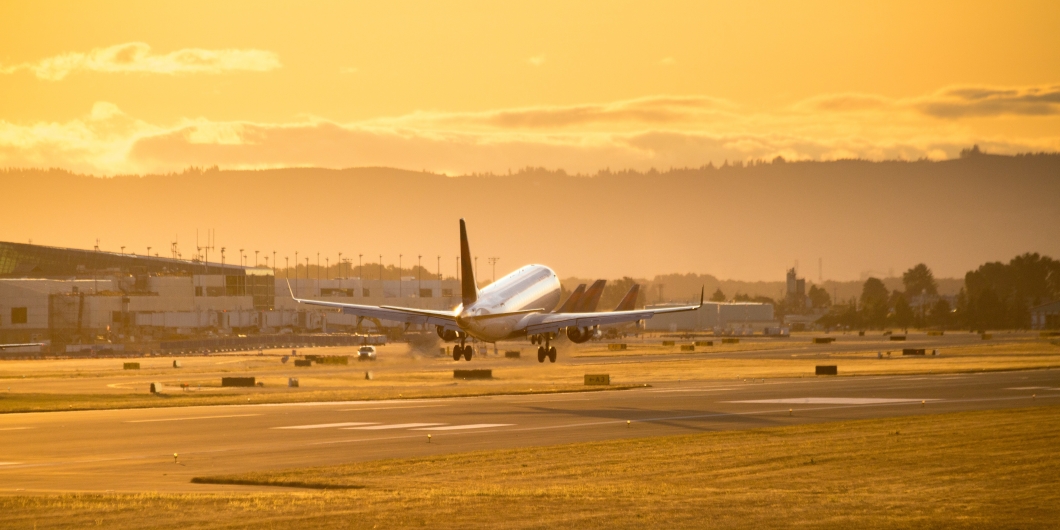
BARIG Welcomes U.S. announcement to Open Borders – Increasing Expansion of Air Traffic Strengthens Transatlantic Exchange
The Board of Airline Representatives in Germany (BARIG), which represents the interests of more than 100 airlines operating in Germany, welcomes the U.S. announcement that borders will be reopened to vaccinated travelers from Europe and other countries in November.
BARIG Secretary General Michael Hoppe states:
“The USA and Europe, especially Germany, maintain intensive trade relations as well as numerous human connections. Therefore, BARIG welcomes the U.S. decision to open their borders for Europeans again. After more than 18 months of the pandemic, people can visit their families and friends, travel to the U.S. for face-to-face meetings with their business partners, and attend important trade fairs and conferences. This will be of great advantage for international exchange and the global economy. The tourism industry as well can finally breathe a sigh of relief again, because the United States are traditionally the number one long-distance destination from Germany and Europe. Airlines are supporting this development with adjusted flight schedules and high flexibility. Passenger traffic, air freight, and, thus, international foreign trade can grow again.”
Airlines have been reporting a surge in demand for flights to the U.S., since the White House has announced the opening of borders. Consequently, the aviation industry is expanding capacity in view of these positive news, both by deploying larger aircraft and increasing frequencies.
Michael Hoppe mentions: “We hope that, as a result of the global progress in vaccination and the experience gained so far with pandemic management, further countries and regions will now successively reopen their borders and, thus, help moving forward the recovery of international air traffic. Nevertheless, it should be noted that transparent rules regarding the recognized vaccines and age-related regulations are necessary for a successful opening in any case. Harmonization of cross-border entry and exit procedures should be sought in this regard.”

